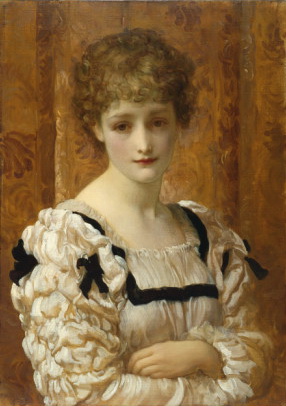Literature
Articles in this category

No Country for Old Men
No Country for Old Men is a critically acclaimed 2007 neo-Western crime thriller, written, directed, and edited by Joel and Ethan Coen, based on Cormac McCarthy's 2005 novel. Set in the stark landscape of 1980 West Texas, the film follows Vietnam veteran Llewelyn Moss (Josh Brolin) after he stumbles upon a large sum of...

Blood Meridian
Cormac McCarthy's 1985 epic historical novel, Blood Meridian, is a brutal anti-Western set during the violent 1849–1850 period of the American frontier. The narrative follows a runaway teenager known only as "the kid" as he falls in with the real-life Glanton gang, a notoriously vicious group of scalp hunters who massacred Nat...

Cormac McCarthy
Cormac McCarthy (July 20, 1933 – June 13, 2023) was an acclaimed American author celebrated for his intense narratives across Western, Southern Gothic, and post-apocalyptic genres. Known for his graphic depictions of violence and a distinctive, sparse writing style, he is widely regarded as one of the greatest American novelists. While...
They
Here's a comprehensive summary of the Wikipedia article about the pronoun "they":
The Modern English pronoun "they" has five distinct forms, including the nominative "they," objective "them," and possessives "their" and "theirs." Imported from Scandinavian languages like Old Norse around the 13th century, it gra...

Bianca
The feminine given name Bianca, meaning "white" and an Italian cognate of Blanche, first gained notable recognition in the Anglosphere as a character in William Shakespeare's The Taming of the Shrew. Its modern popularity surged in the 1970s, significantly influenced by public figures such as the iconic Bianca Jagger. The name...
Bannon
The Irish surname Bannon is associated with a diverse array of notable individuals spanning various fields throughout history. Ann Bannon (born 1932) is celebrated as a pioneering American author of lesbian pulp fiction, while in politics, Henry T. Bannon (1867–1950) served as a U.S. Congressman from O...
The Rise of the Novel
Here is a summary of the Wikipedia article about Ian Watt's The Rise of the Novel:
Ian Watt's The Rise of the Novel, published in 1957, is a seminal work in literary criticism exploring how the novel emerged as a distinct literary form in the 18th century. Watt argued that this...
Epistolary novel
An epistolary novel is a distinct literary genre conveyed primarily through a series of letters exchanged between fictional characters, a style that has expanded to include diary entries, newspaper clippings, and even modern electronic communications like emails and blog posts. Derived from the Greek word "epistolē" me...
Viajero
F. Sionil José's 1993 English novel, Viajero (Spanish for "The Wanderer"), delves into the Filipino people's enduring search for social justice, moral order, and a distinctive national identity. Its protagonist, Salvador dela Raza, is an orphan adopted by an African-American US military captai...
Picaresque novel
The picaresque novel is a genre of prose fiction originating from Spain, defined by the adventures of a roguish but appealing hero, typically of low social class, who uses their wits to navigate a corrupt society. These narratives are usually told in the first person, are episodic in nature with little character development, and often ...
Novella
A novella is a work of narrative prose fiction that falls in length and complexity between a short story and a novel, typically defined by the Science Fiction and Fantasy Writers Association as being between 17,500 and 40,000 words. The term originates from the Italian "novella," meaning a new or true short story, and ...
Feminist literary criticism
Feminist literary criticism analyzes literature through a feminist lens, aiming to expose narratives of male domination by examining economic, social, political, and psychological forces embedded within texts, thereby transforming how literary works are viewed and expanding the literary canon. Historically, its roots trace back to 19th...